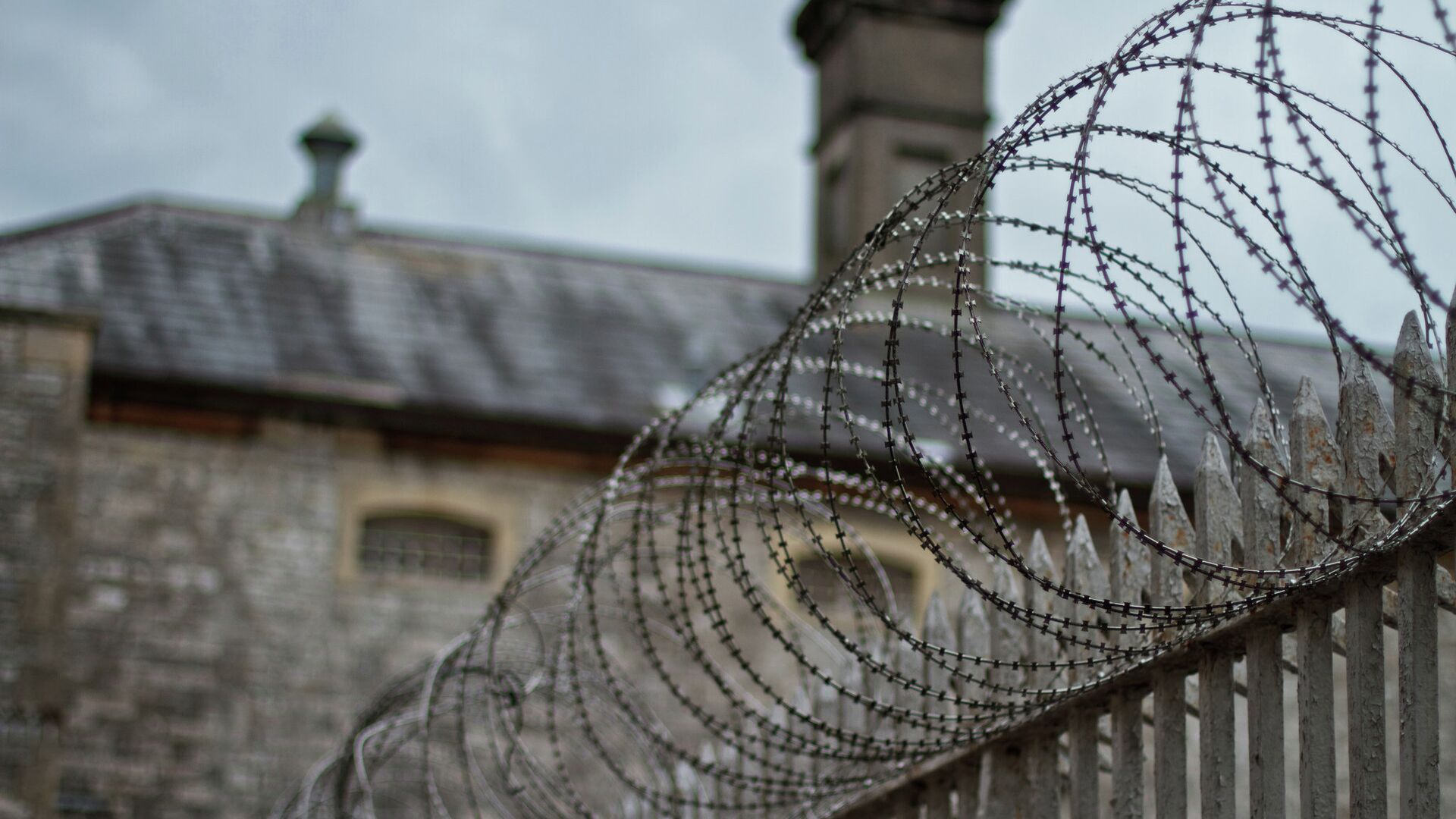UK Criminal Justice System Failing 'At Every Stage' to Meet Needs of People With Mental Illness
10:54 GMT 17.11.2021 (Updated: 15:16 GMT 28.05.2023)

© Flickr / Usuf Islam
Subscribe
Speaking on behalf of the six inspectorates involved in compiling the report, Chief Inspector of Probation Justin Russell expressed regret that “not enough progress” had been made to address the needs of people with mental health issues in the criminal justice system since the last joint inspection in 2009.
The “disappointing” results of a comprehensive multi-inspectorate report have revealed that "thousands of people" across England and Wales struggling with mental illness are not having their needs met by the entire criminal justice system. The police forces, prosecutors, prisons and probation services have been found by the major inspection to be offering poor support for individuals with suspected mental health issues.
The 107-page report is the result of a joint inspection conducted by HM Inspectorate of Constabulary and Fire & Rescue Services, HM Crown Prosecution Service Inspectorate, HM Inspectorate of Prisons, HM Inspectorate of Probation, the Care Quality Commission and Healthcare Inspectorate Wales.
The findings were released after over 300 cases from six regions were scrutinised, 550 professionals interviewed, and 67 people with mental health problems who had been through the criminal justice system were given their say. Chief inspector of probation Justin Russell, speaking on behalf of the six inspectorates, was cited as saying:
“Criminal justice agencies need to make major improvements to the way they work with people with mental health issues. If someone is charged, they need to understand and be able to participate in the criminal justice process. An individual may need additional support to understand the questions put to them during an investigation or may lack the mental capacity to plead or stand trial.”
‘Unacceptable Delays’
Underscoring that about a third of people in police custody and 48% of men and 70% of women in prison are dealing with some form of mental health issues, the report cited delays in psychiatric reports for court, used to make sentencing decisions.
Similarly “unacceptable delays” were cited in transferring extremely unwell prisoners to secure mental health hospital beds for treatment, with individuals often left to languish in prison while their health deteriorated.
Women were singled out as particularly often placed in prisons as a “place of safety” if they were found to be going through a mental health crisis.
Senior managers at one women’s prison counted 24 such incidents in the previous 12 months; these cases involved extremely vulnerable women being remanded in prison as a last resort, as suitable alternatives could not be accessed. We believe that prisons should not be used as a place of safety – it is inappropriate and inhumane,” stated the report.
Delays, made worse by the COVID-19 pandemic, were believed to be due to lack of medium and high-security beds, according to the report. The shortage of good-quality mental health provision also fed into the delays. Information sharing between agencies was found to be plaguing the criminal justice system, partly due to "incomplete" records.
This was attributed to multiple varied systems in use to screen and assess people as they are arrested, charged, sentenced. There was also said to be a “lack of a common definition of mental ill health”, resulting in an “inaccurate picture” of the numbers of people suffering with mental health issues in the criminal justice system or the “needs or risks posed” by them.
Confusion over data protection has also created complications, concluded the investigation, with prosecutors, defence lawyers, judges and magistrates often making decisions without accessing crucial details.
Despite exemptions for “sharing data in the pursuit of justice”, interviewed police officers and inspectors revealed they lacked clarity regarding when they could share information about an individual’s mental health with the Crown Prosecution Service. “This part of the system is broken and needs to be fixed urgently,” said the report.
According to the findings, black, Asian and minority ethnic people were at comparatively higher risk of mental illness, with a lack of services made available to individuals from such backgrounds.

Ambulances belonging to the National Health Service, seen, outside one of London's major hospitals St Mary's, in Paddington, London
© AP Photo / Alastair Grant
In the wake of the published report, the inspectorates made 22 recommendations, urging police forces, the Crown Prosecution Service, prisons and the Probation Service to work with the government and National Health Service (NHS) to improve delivery of services to people suffering from mental illness in the criminal justice system.

